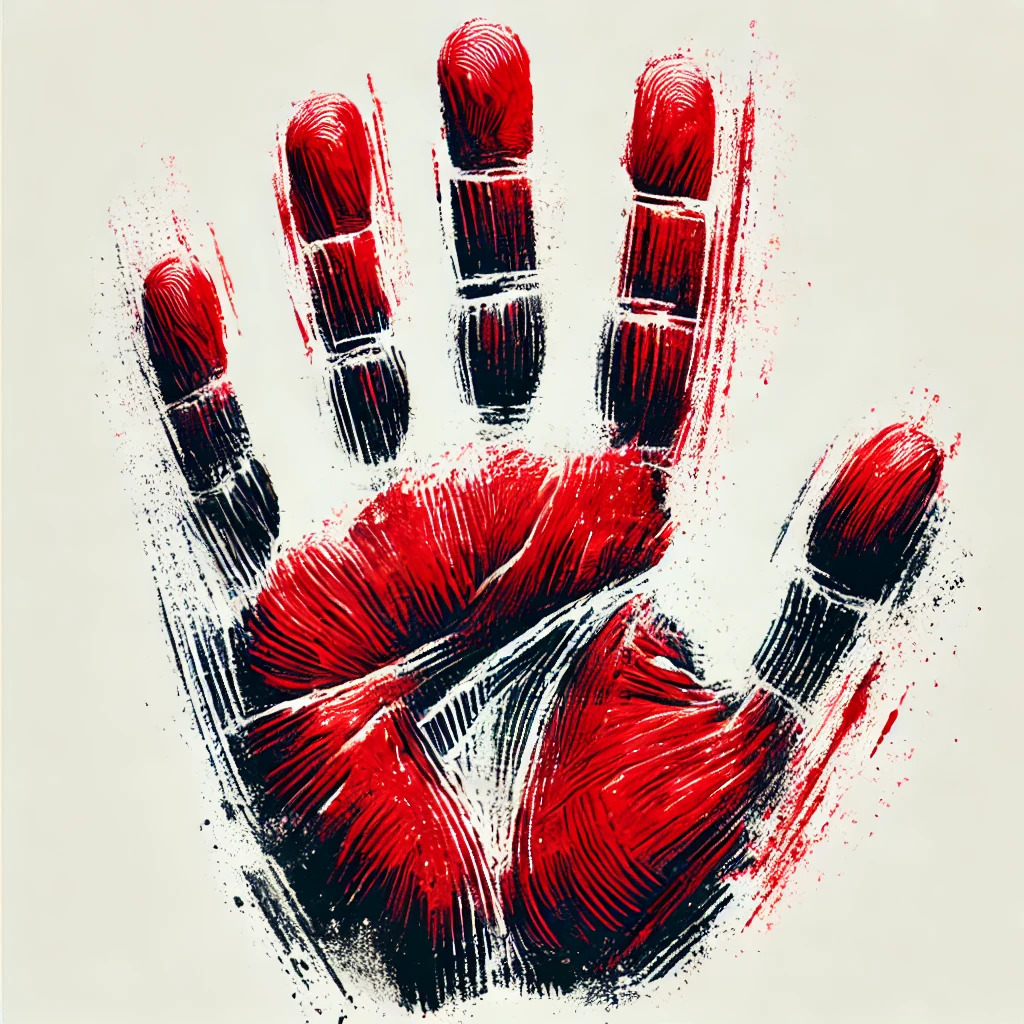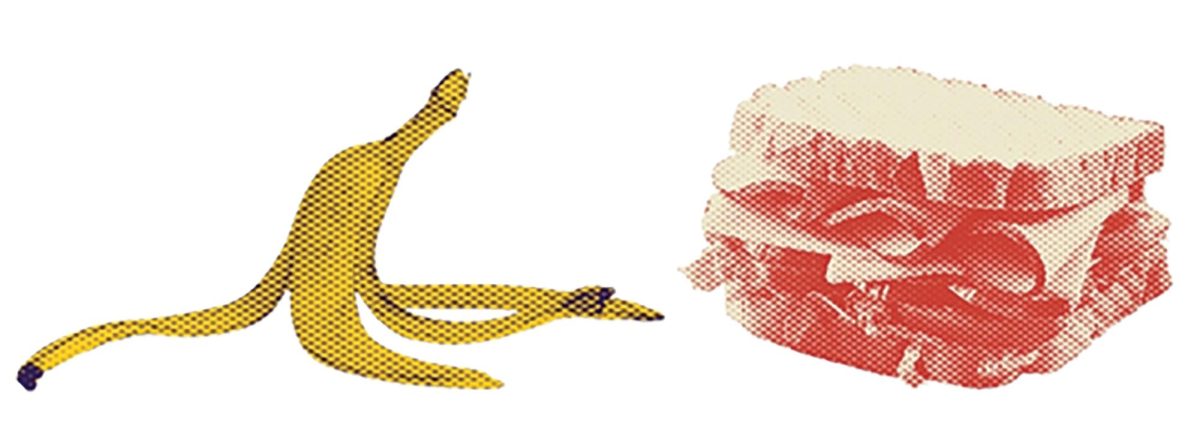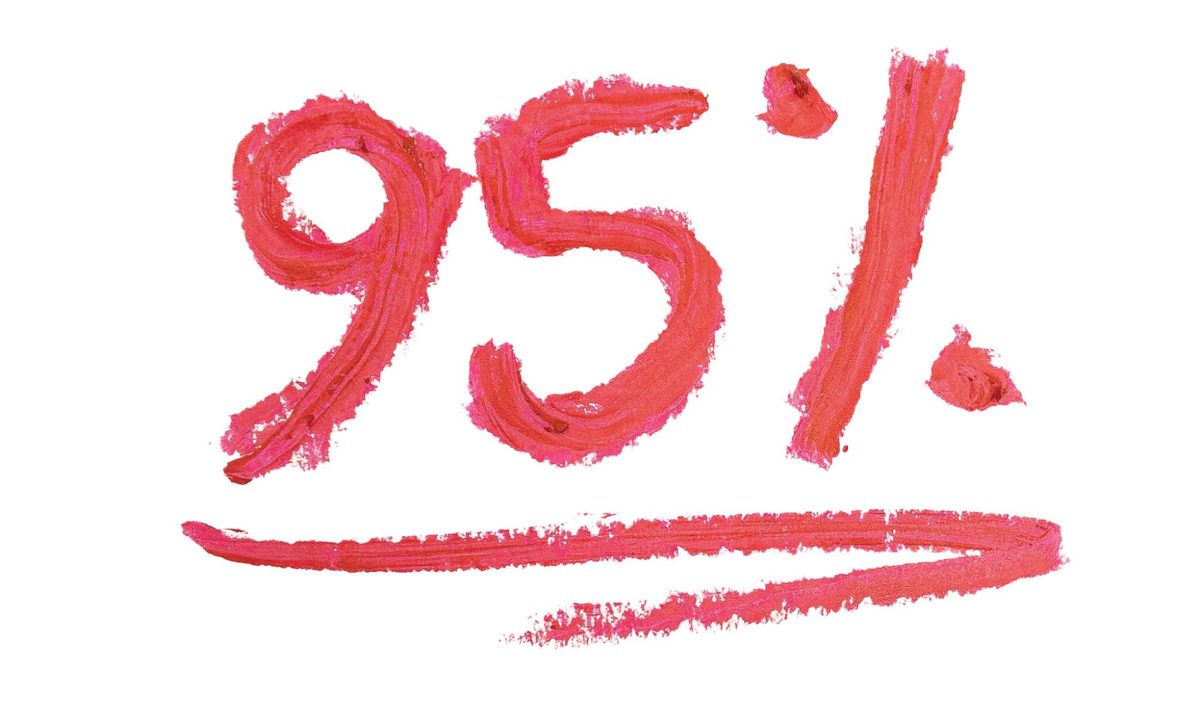QUERENCIA: Where bulls go in the ring
“Reservation Dogs” star D’Pharaoh Woon-A-Tai made a bold statement at the Emmys this year, showing up to the event in a sleek all-black tuxedo contrasted with a shocking blood-red handprint painted across his face. To many of the attendees, the meaning of this statement was lost, however, there is a tragic and heartbreaking story to tell behind his appearance.
Woon-A-Tai is the very first Indigenous North American to be nominated in the Emmy’s leading actor category according to Variety, an achievement earned from his performance as Bear Smallhill in the FX series “Reservation Dogs,” a
comedy-drama that follows the lives of Native American teens living on a reservation in Oklahoma.
The 22-year-old from Toronto is of Oji-Cree First Nations descent, according to CNN. The painted handprint
symbolizes the thousands of Indigenous women who have been murdered or disappeared in Canada, where the government data shows they are 12 times more likely to go missing or be killed than non-Indigenous women.
Woon-A-Tai spoke to Deadline explaining his appearance, highlighting his solidarity with the women and girls lost, along with his goal of getting the message out to as many viewers as possible.
“This epidemic has been ignored for far too long and has devastated the lives of countless Indigenous people,” said Woon-A-Tai “I’ve been waiting for the right moment to make this statement, and when I received the Emmy nointion, I felt an obligation to use the opportunity to spark these conversations.”
The makeup was done by makeup artist Martha Phelan, an Indigenous woman whose sister was unfortunately another victim of the ongoing crisis. The red handprint has become a symbol within the Missing or Murdered Indigenous Persons (MMIP) movement, which aims to raise awareness about the disproportionately high rates of missing and murder cases impacting Indigenous people. Red was utilized specifically because many Native cultures believe the color is the only
one spirits can see.
“Most people backstage and at the show were confused and didn’t fully understand its significance,” he said. “I hope this will inspire more conversation and curiosity within my industry about this and encourage those who are fighting for the voices that cannot be heard.”
There are 5,712 unsolved MMIP cases in the United States according to the Bureau of Indian Affairs. Advocates on the other hand say that the number is likely much higher due to errors and inconsistencies in the recording of data.
The Bureau reports that the rates of murder, rape, and violent crime are all higher than the national averages for Native American and Alaska Natives. Data also reveals that Native American and Alaska Native women make up a significant portion of missing and murdered individuals in the United States.
The crisis in the U.S. prompted the formation of The Not Invisible Act Commission (NIAC) in 2021. The commission is composed of 41 members, including tribal leaders, Native community members, advocates, law enforcement, family members, victims and survivors. The group submitted a 200+ page report with recommendations to Congress in hopes they would address the crisis. One major factor highlighted in the report being that these cases are severely underreported in media coverage.
A few days before the Emmys, Woon-A-Tai told The Canadian Press that he hopes his nomination will inspire Indigenous youth around the world.
“I don’t know what an Emmy Award will really do for
stopping issues that we face on a daily basis,” said Woon-A-Tai. “It just gives us hope. It gives hope to a kid on a reservation that they could also be on that stage and do it too, and they can.”















